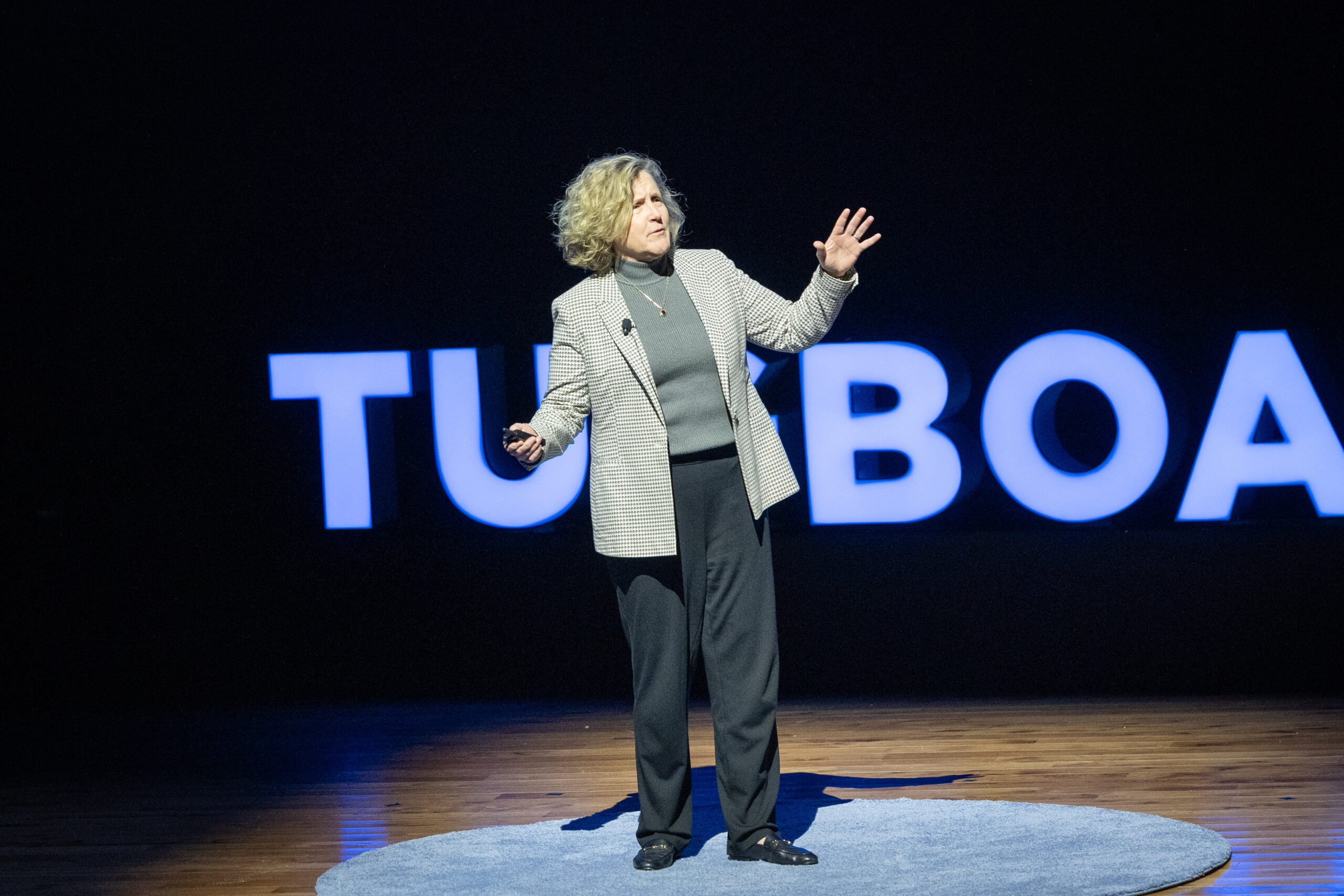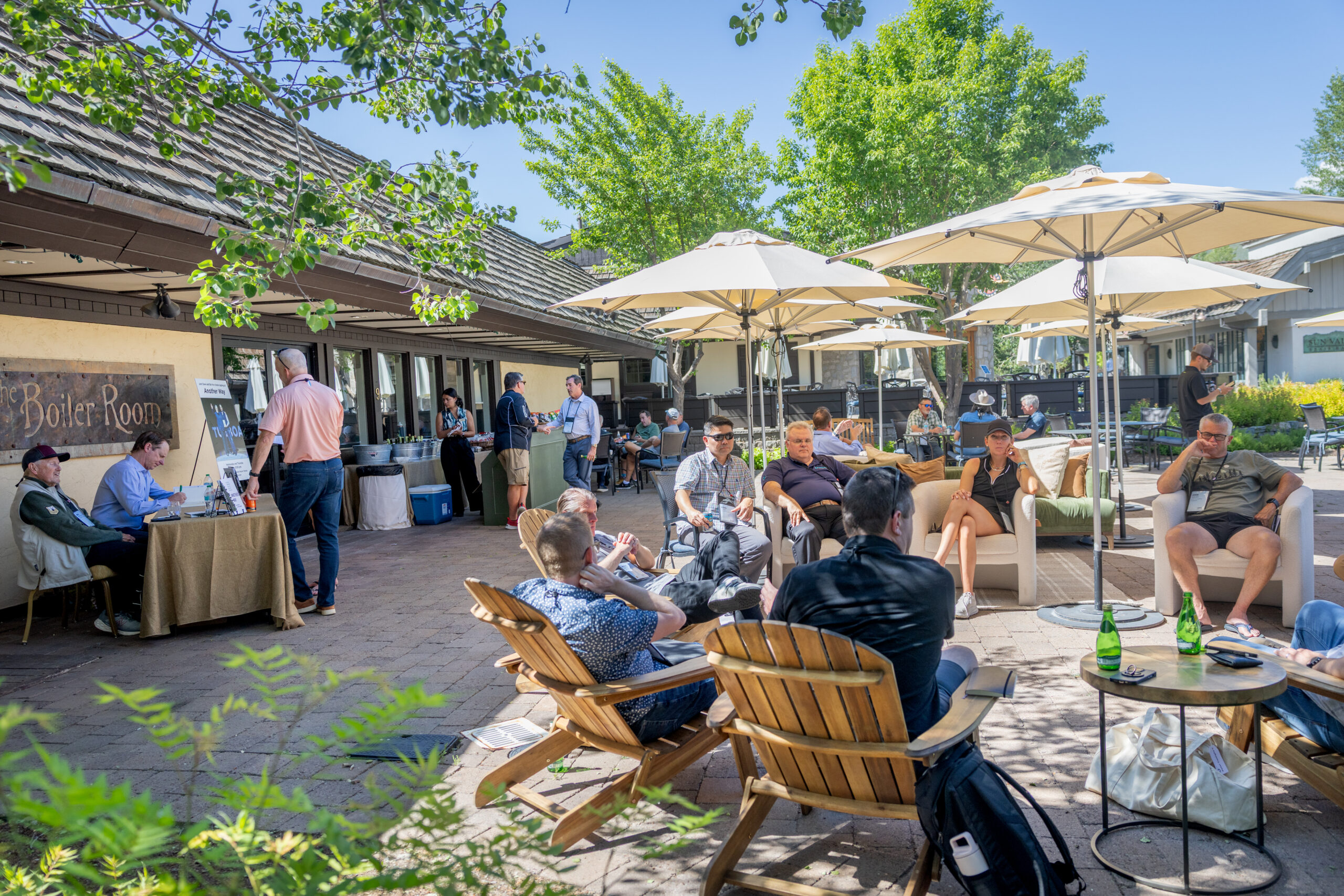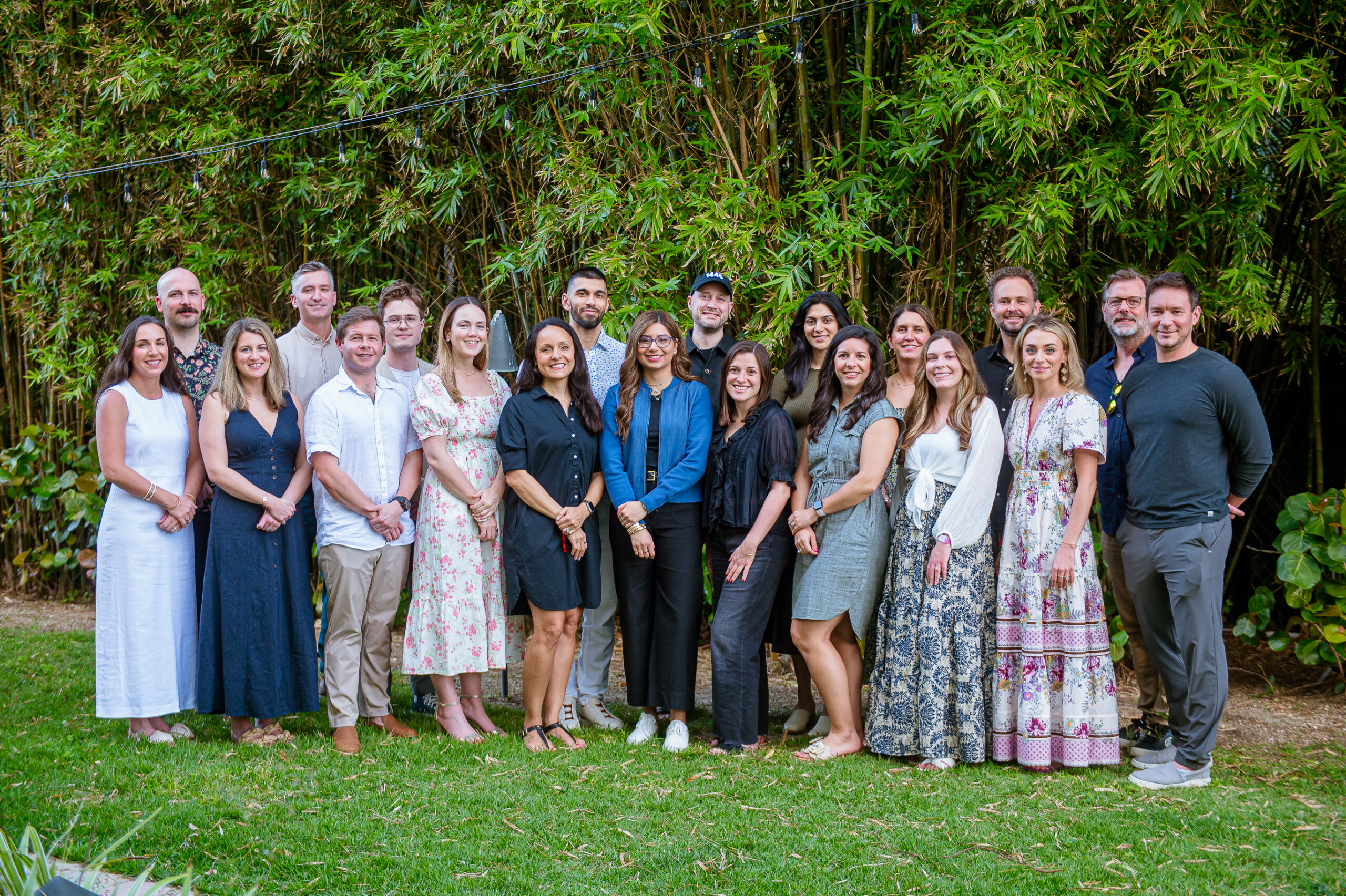

Why Franchising Is “Truly An American Gem”
- Charlie Chase
- IFA 1st Vice Chair of the International Franchise Association and President and CEO of FirstService Brands, Inc.
I entered into college with what I thought was a clear career path. I was surrounded by friends and family who had pretty serious professional plans—to be doctors and lawyers and geologists—and I followed suit, with my eye on mechanical engineering. But when my Pop died in my first year, I found myself, at age 19, at a crossroads. My world was unraveling, and I no longer knew what I wanted to do with my life.
That juncture proved pivotal for me because it forced me to think about what I really wanted to study and how I wanted to make my way in the world. What I knew was that l loved team sports and the spirit of group efforts. I wanted to be part of something bigger, to take a different path.
I changed gears to pursue a degree in economics, focused on studying how teams and crews operate effectively—not just if they win, but how they win. That change in course would lead me toward what has now been a 40-year career leading franchise companies and helping individuals build highly productive and profitable teams that set industry standards.
My own experience in the franchise world began with my decision to sign on as a franchisee with College Pro Painters, an organization that put young students in charge of their friends to paint houses. I launched my franchise in Philadelphia in fall of 1982. My experience with College Pro showed me the power of a values-driven organization to provide an onramp for entrepreneurial leaders and help create economic opportunity for individuals and communities. I was hooked.
From that point, I stayed with College Pro for 10 years before co-founding CertaPro Painters (the full-time version of College Pro). From there, I went on to serve in a variety of roles for FirstService Brands, which is the parent of CertaPro. FirstService Brands owns a portfolio of franchises, including Paul Davis Restoration, CertaPro, FloorCoverings International, California Closets, and Pillar to Post Home Inspectors. Today, I serve as President and CEO of FirstService Brands, CEO of California Closets, and as 1st Vice Chair of the International Franchise Association.
My experience leading and growing franchise businesses around North America has led me to understand that franchising provides the most democratic distribution of wealth in the world. This model is truly an American gem. It offers a low-risk entry point for high performers to start and scale businesses, often with minimal initial capital investment, and with the benefit of systems and processes of established brands. I also believe that these businesses are uniquely aligned with the Evergreen 7Ps® principles, offering values-driven leaders a path to building Evergreen® companies to benefit families and communities.
To see the value proposition and opportunity in franchising, it’s first important to understand the model. A franchisor is the owner of a great idea—a brand, or a promise that’s delivered and measured. The franchisor develops and owns the intellectual property around that brand (the trademark and the methods of operation to train and support that idea to be duplicated in other locations). A franchisee enters into an agreement with the franchisor to implement that idea and the associated processes in a new location, benefitting from the centralized marketing and other systems, to execute in their communities. The franchisee pays the franchisor a set royalty (five percent, on average) and controls and makes decisions around the other 95 percent of the revenues. The key to success for the franchisee is to scale the business, generally through adding team members over time. While some franchises are more capital heavy (restaurants, for instance), others are capital light and can scale more quickly.
I see the overlap with Evergreen businesses clearly in the foundation of a shared value set, the characteristics of successful leaders across Evergreen companies and franchises, and in the impact of these business on individuals, families, and communities.
When I began with College Pro, I saw the impact of guiding values that inspired and connected franchisees and led to success for the business. The values were presented as an acronym, D-R-I-P, which stood for: Deliver what you promise; Respect the individual; Practice continuous Improvement; and Have Pride in your work. These were repeatedly emphasized so they would be instilled throughout the organization. When I went on to lead CertaPro, we understood the role of guiding values and also learned very early on that successful franchisees shared specific personal qualities. Over time, we created a screening tool to evaluate potential franchisees, based on their preferences, which we refer to with the mnemonic, A-T-L-I-P, which stands for: Attainment, Tenacity, Leadership, Introspection, and Precision. Across both businesses, those who became successful entrepreneurs in the franchise model operated from a shared value set and embodied these key qualities.
Many of the values and personal characteristics that lead to success for our franchisees reflect Evergreen 7Ps principles. While some of the crossover is clear—between Tenacity and Perseverance, People First and Respect, Pragmatic Innovation and continuous improvement, for instance—Paced Growth and Profit are also as essential in the franchise model as in Evergreen companies. A franchise is successful if it grows to a specific, optimal scale in a given industry and location—that’s what the model is built to do. When these businesses grow and become more profitable, they create more opportunity.
Creating opportunity is what my life’s work is about and what the franchise model does best. By providing the right person the chance to build a business within the guardrails of an established brand and practices, franchises de-risk the onramp to entrepreneurial success. Individuals can invest time and effort to scale a business within their community, providing more jobs as the business grows and keeping the majority of the earnings in the community as well. When it comes time for the franchisee to transition out of the business, he or she has the added benefit of selling an established brand, which generates a higher sale price, selling to employees, or passing the business down to a second generation within the family. In all three scenarios, the enterprise continues to thrive in the community and create more opportunity.
The benefit of franchises to fuel the economic engine of a community in this way is clear across industries and geographies. The franchise model serves 140 industries, with approximately 725,000+ franchisees operating today. More important, it can play a significant role in lifting up individuals and families in underserved communities. In locations where other businesses may not want to invest resources, a franchise can offer an entrepreneur the opportunity to assemble and deploy resources quickly to get a running start. And when these businesses are restaurants and healthcare services, which may not otherwise be launched in these areas, the positive impact can be transformative.
When I made the decision to step into franchising, I couldn’t have anticipated where it would take me. When one door closes, another opens. The early, unanticipated change in my life experience propelled me off the expected path and forced me to engage and act upon shared values, contribution, and community, and my career in franchising has allowed me stay focused on these pillars ever since.
Charlie Chase is IFA 1st Vice Chair of the International Franchise Association and President and CEO of FirstService Brands, Inc.
More Articles and Videos

Both/And Thinking: Harnessing the Positive Potential of Tensions
- Marianne Lewis
- Carl L. Linder College of Business, University of Cincinnati

Leading Through Uncertainty – Tugboat Institute® Summit 2025
- Jackie Hawkins
- Tugboat Institute

Get Evergreen insight and wisdom delivered to your inbox every week
By signing up, you understand and agree that we will store, process and manage your personal information according to our Privacy Policy




